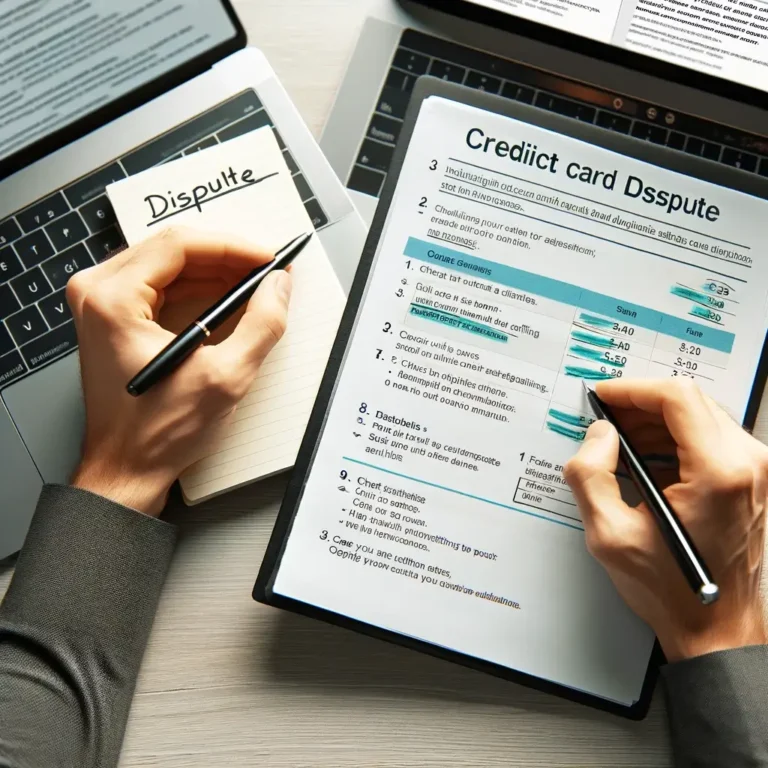What To Do If You’re A Victim Of Online Scam Or Fraud? (India)
Introduction
In today’s digital age, online scams and frauds are unfortunately common. From phishing emails to fake websites, scammers have numerous tricks up their sleeves. If you find yourself a victim of such deceit in India, it’s crucial to act swiftly and smartly. This article guides you through the steps to take if you’re caught in the net of online fraud, according to Indian law.
Recognize The Fraud
Understand The Types
The first step is understanding what happened. Online fraud can range from unauthorized transactions on your bank account to identity theft. Recognizing the type of scam is crucial for the next steps.
Acknowledge The Incident
Once you’ve identified the scam, acknowledge the incident. It’s easy to fall into denial, but acceptance is key to taking effective action.
Immediate Actions
Contact Your Bank
If the scam involves your bank account or credit card, contact your bank immediately. Inform them about the unauthorized transaction and request them to freeze your account or card to prevent further misuse.
Change Your Passwords
Change the passwords of any compromised accounts, including your banking, email, and social media accounts. Ensure your new passwords are strong and unique.
Report The Fraud
File An FIR
File a First Information Report (FIR) at your local police station. The FIR is a crucial document for legal proceedings and for your bank to process any reimbursement claims. Indian law mandates the police to register your complaint.
Contact The Cyber Cell
India has dedicated cyber cells in various cities. After filing an FIR, report the incident to the cyber cell. They specialize in online crimes and can guide you through the recovery process.
Protect Yourself In The Future
Be Vigilant
Awareness is your best defense against online scams. Be cautious of suspicious emails, messages, and websites. Verify the authenticity before sharing personal information or making payments.
Use Technology Wisely
Use technology to your advantage. Install security software on your devices, and enable two-factor authentication for online accounts to add an extra layer of security.
Keep Records
Maintain records of all communications and transactions. These documents can be vital in investigations and when seeking reimbursement.
Conclusion
Falling victim to an online scam or fraud can be a distressing experience. However, by taking immediate action and following the right procedures, you can mitigate the damage and prevent future incidents. Remember, vigilance and prompt action are key in combating online fraud. Stay informed, stay secure.
FAQ on What To Do If You’re A Victim Of Online Scam or Fraud in India
1. What should I do first if I suspect an online scam?
Immediately stop all transactions and communication with the suspected scammer. Change your passwords and inform your bank to secure your accounts.
2. How do I report an online scam in India?
File a First Information Report (FIR) at your nearest police station and report the incident to the cyber cell of your city.
3. Can I get my money back after being scammed online?
Recovery of funds depends on the nature of the scam and how quickly you act. Reporting to your bank and authorities immediately improves chances of recovery.
4. What details are required to file an FIR for online fraud?
Provide all relevant details including how you were scammed, the amount involved, dates, and any communication with the scammer.
5. Is it necessary to visit a police station to file a complaint about online fraud?
Yes, it’s necessary to visit a police station to file an FIR, but you can also initiate a complaint online through the National Cyber Crime Reporting Portal.
6. What is the role of the cyber cell in online scam cases?
The cyber cell investigates online crimes, tracks down scammers, and helps in the recovery process of lost funds or data.
7. How can I protect my online accounts from scammers?
Use strong, unique passwords, enable two-factor authentication, and never share your personal information with unverified sources.
8. Are online scams only related to financial transactions?
No, online scams can include identity theft, fake job offers, phishing for personal information, and more.
9. What should I do if I gave personal information to a scammer?
Immediately change your passwords, inform your bank, and monitor your accounts for any unauthorized activity.
10. How long does it take to resolve an online scam case in India?
Resolution time varies depending on the complexity of the case and the effectiveness of the investigation.
11. Can I report online scams anonymously?
While anonymous reporting is possible through some platforms, providing your details may be necessary for a thorough investigation and recovery process.
12. What are phishing scams?
Phishing scams involve fake emails or messages designed to steal personal information by posing as legitimate institutions.
13. How do I identify a scam website?
Look for red flags such as poor design, lack of contact information, and deals that seem too good to be true.
14. Can children be victims of online scams?
Yes, children can be targeted by scammers, especially on gaming platforms or through social media.
15. What legal actions can be taken against online scammers?
Legal actions include filing an FIR, which can lead to investigation, arrest, and prosecution of the scammer under various sections of the Indian Penal Code and IT Act.
16. Is it safe to shop online?
Yes, but ensure you use reputable websites, secure payment methods, and avoid sharing personal information unnecessarily.
17. How do I secure my smartphone from online fraud?
Install security apps, keep your operating system updated, and be cautious about the apps you download and the permissions you grant.
18. What is two-factor authentication, and how does it help?
Two-factor authentication adds a second layer of security to your accounts, requiring a second form of verification besides your password.
19. How do I report a scam email?
Mark it as spam in your email client, change your passwords, and report it to the cyber cell if it involves an attempt to defraud.
20. What should I avoid sharing online to prevent scams?
Avoid sharing personal details like your full name, address, phone number, financial information, and passwords.
21. Can social media be used for scams?
Yes, scammers often use fake profiles or hacked accounts to execute scams on social media platforms.
22. What to do if I receive a suspicious message or email?
Do not click on any links or attachments. Verify the source independently before responding.
23. Are there any preventive measures against online shopping scams?
Use secure payment methods, shop on reputable websites, and read reviews and feedback before making a purchase.
24. What are the common signs of a scam call?
Common signs include the caller requesting personal or financial information, making threats, or offering unsolicited deals.
25. Can antivirus software prevent online scams?
While antivirus software can protect against malware, being vigilant and informed is crucial in preventing scams.
26. What are job scam emails, and how can I avoid them?
Job scam emails offer fake job opportunities to extract personal information or money. Verify the company and job offer independently.
27. Is it important to update software to prevent online scams?
Yes, updates often include security patches that protect against new types of scams and malware.
28. What to do if my computer is infected with malware from a scam?
Disconnect from the internet, run a full antivirus scan, and consider professional help to remove the malware.
29. Can online reviews be faked by scammers?
Yes, scammers may post fake reviews to create a false sense of trust. Look for reviews across different platforms for a balanced view.
30. Where can I learn more about protecting myself from online scams?
Follow reputable cybersecurity blogs, government advisories, and participate in awareness programs offered by banks and tech companies.
















